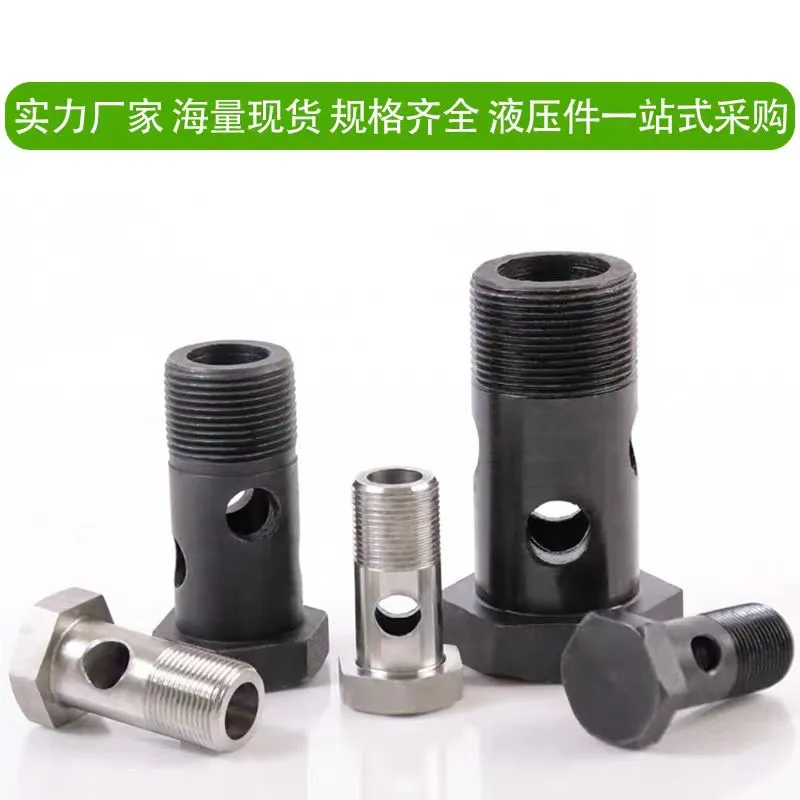

black flat washers
Okt . 05, 2024 07:05 Back to list
black flat washers
Understanding Black Flat Washers Their Importance and Applications
Black flat washers are essential components in various mechanical and structural applications. Often overlooked, these small yet significant fasteners play a crucial role in ensuring the stability and integrity of assemblies. Traditionally, flat washers are designed to distribute load evenly across the surface of a fastener, preventing damage to the material being fastened and minimizing the risk of loosening over time. The black designation typically refers to the finish or coating on the washer, which serves both functional and aesthetic purposes.
Material and Coating
Black flat washers are commonly made from several materials, including steel, stainless steel, aluminum, and plastic. The choice of material often depends on the specific application, with steel washers being a popular choice due to their strength and durability. To increase corrosion resistance and enhance longevity, many steel washers undergo surface treatments, such as black oxide coating or phosphate coating. These coatings not only protect against rust but also provide a sleek, finished appearance.
The black finish can be particularly beneficial in applications where the aesthetic value is considered. For instance, in architectural projects or consumer products, using black flat washers can contribute to a more streamlined and attractive look. Additionally, the black color can help in identifying components in larger assemblies, aiding maintenance and inspection processes.
Applications
Black flat washers find applications across various industries, including automotive, aerospace, construction, and manufacturing. In the automotive field, washers are used extensively in vehicle assembly, where they help secure bolts and screws that hold critical components in place, such as engines and suspensions. Their role in distributing loads prevents material deformation and ensures that the integrity of the assembly is maintained over time.
In aerospace, where weight and resistance to environmental factors are critical, black flat washers are used to fasten lightweight components while providing resistance to harsh conditions
. Similarly, in construction, these washers are integral in securing beams, bolts, and other structures, contributing to the overall safety and durability of buildings and infrastructure.Manufacturing also leverages black flat washers in various machinery and equipment. Their ability to prevent damage to surfaces and minimize wear makes them ideal for high-speed and high-friction applications. The consistent use of flat washers can extend the life of both the fasteners and the materials they secure, resulting in lower maintenance costs and increased reliability.
black flat washers

Considerations When Choosing Washers
When selecting black flat washers for a particular application, several factors should be taken into account
1. Size and Thickness The washer must be appropriately sized for the fastener being used. A washer that is too small will not effectively distribute load, while one that is too large may interfere with the function of other components.
2. Material Compatibility The material of the washer should be compatible with the surfaces it will be in contact with. Mismatched materials can lead to galvanic corrosion, where one metal corrodes faster than the other due to electrochemical reactions.
3. Load Requirements It's essential to consider the amount of load the washer will bear. Different applications may require different thicknesses or types of washers—oversized washers might be needed for heavy loads.
4. Environmental Factors If the application involves exposure to moisture, chemicals, or extreme temperatures, selecting washers with the right coating becomes crucial to prevent corrosion and ensure durability.
Conclusion
In summary, black flat washers are small yet vital components in numerous applications across various industries. Their ability to distribute load, prevent damage, and add aesthetic value makes them indispensable in engineering and construction. When selecting washers, it's essential to consider size, material compatibility, load requirements, and environmental factors to ensure optimal performance. Understanding the significance of these fasteners can lead to more reliable and efficient designs in any assembly.
Latest news
-
Hot Dip Galvanized Bolts-About LongZe|High Strength, Corrosion Resistance
NewsJul.30,2025
-
High-Strength Hot Dip Galvanized Bolts - Hebei Longze | Corrosion Resistance, Customization
NewsJul.30,2025
-
Hot Dip Galvanized Bolts-Hebei Longze|Corrosion Resistance&High Strength
NewsJul.30,2025
-
High-Strength Hot-Dip Galvanized Bolts-Hebei Longze|Corrosion Resistance&High Strength
NewsJul.30,2025
-
Hot Dip Galvanized Bolts-Hebei Longze|Corrosion Resistance&High Strength
NewsJul.30,2025
-
Hot Dip Galvanized Bolts - Hebei Longze | Corrosion Resistance, High Strength
NewsJul.30,2025

